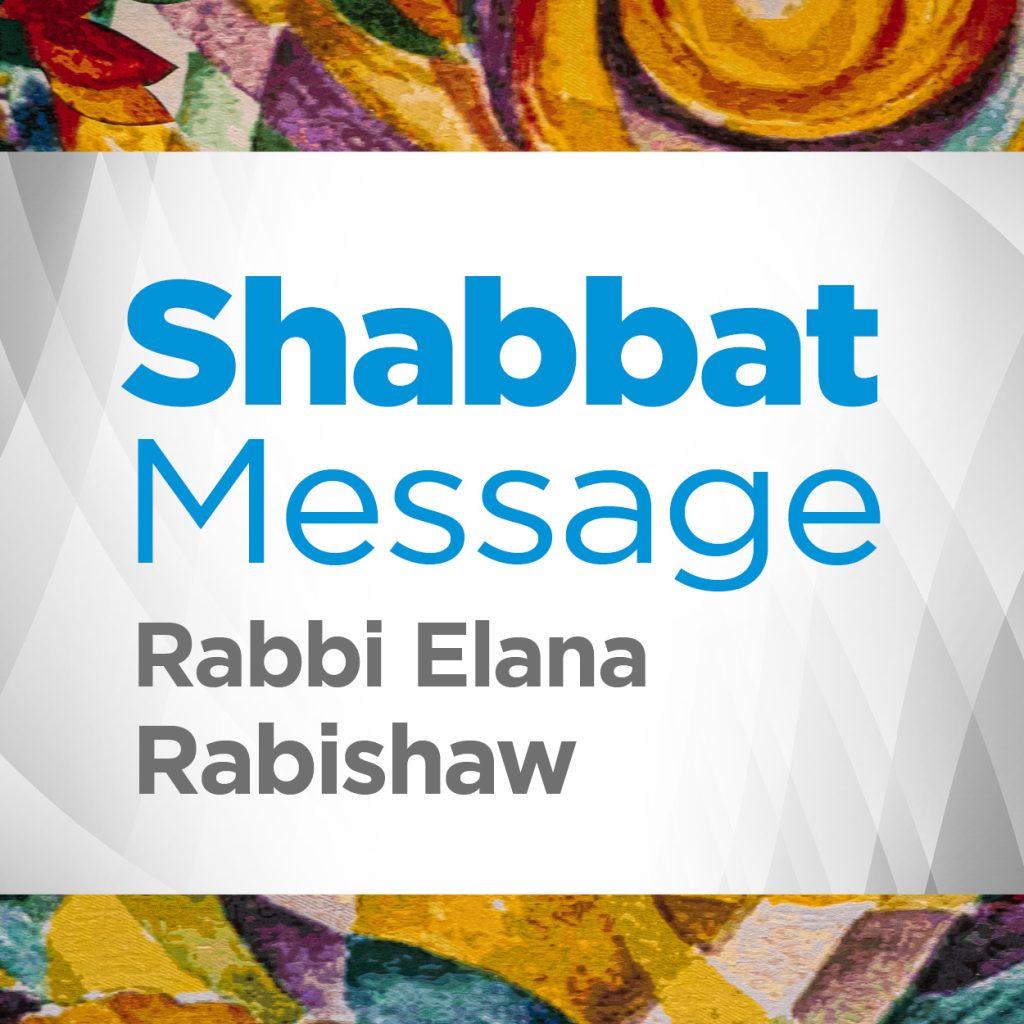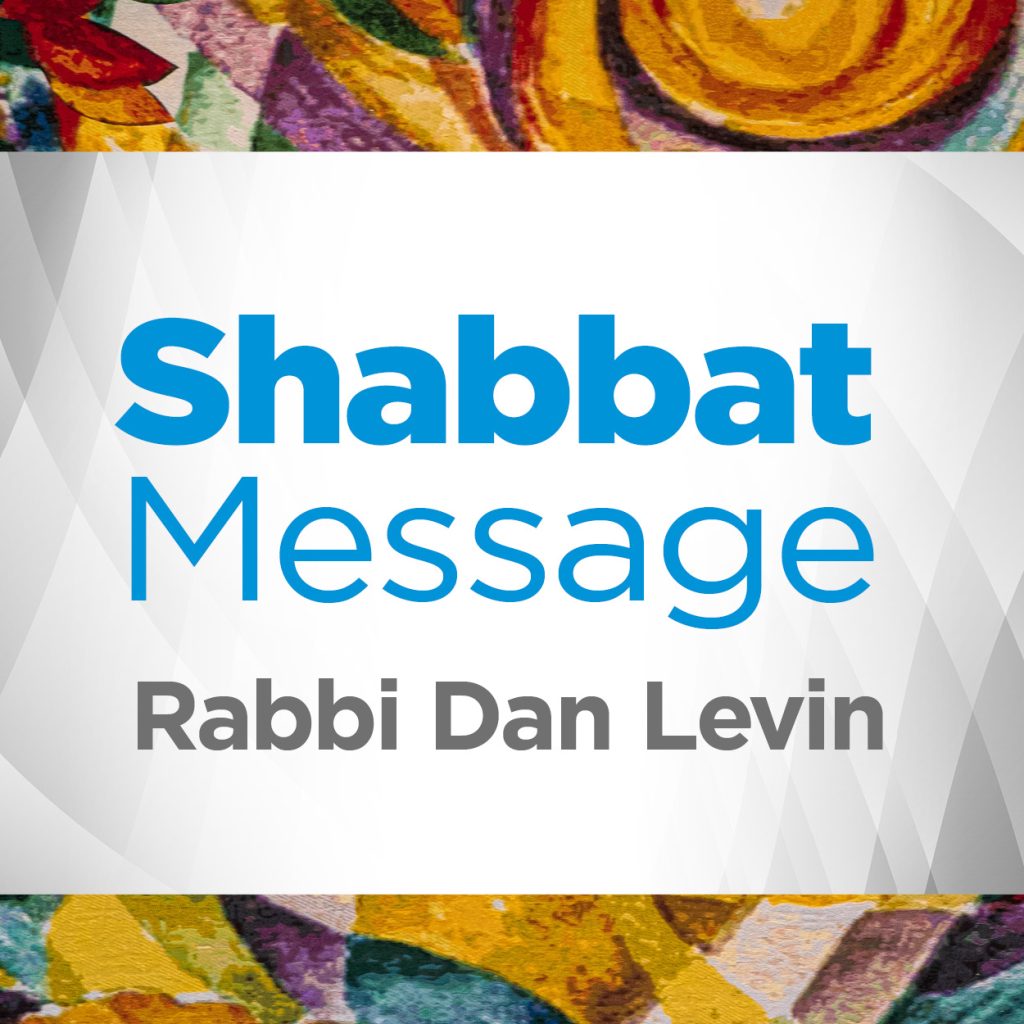One of my favorite parts of living in Israel was joining in with the hustle and bustle of Friday mornings in Jerusalem. Every market, grocery store, and bodega was full of people hurrying to get everything they needed for Shabbat. I stood in line at Lechem Shel Tomer (Tomer’s Bread), the bakery that had the best challah, with countless other people.
Even though our dinners and practices looked differently, I loved feeling surrounded by so many other people who were also getting ready for Shabbat. Regardless of the week we had just had, we were all now working up to a deadline that united us all, when everything would close because it was time for everyone in the city to spend time with their loved ones.
Forty minutes before Shabbat, a siren would sound, and a quiet would sweep over the city.
The transition from the week into Shabbat is especially palpable in Jerusalem. However, I feel the same magical quiet come through me every week, whether I am lighting candles in our sanctuary or around a dinner table.
In his book, The Sabbath, Rabbi Abraham Joshua Heschel teaches that on Shabbat, “we try to become attuned to holiness in time. It is a day on which we are called upon to share in what is eternal in time, to turn from the results of creation to the mystery of creation; from the world of creation to the creation of the world.”
It is not easy to shift gears, and leave the craziness of the week behind us. And yet, Rabbi Heschel reminds us that the purpose of Shabbat is to leave behind the mundane and the work, in order to make room for holiness.
This week, we read the following words from the portion Ki Tisa. If the translation is not familiar, know that if you were to hear anyone from our cantorial team singing them, you would be transported to Friday night services.
וְשָׁמְר֥וּ בְנֵֽי־יִשְׂרָאֵ֖ל אֶת־הַשַּׁבָּ֑ת לַעֲשׂ֧וֹת אֶת־הַשַּׁבָּ֛ת לְדֹרֹתָ֖ם בְּרִ֥ית עוֹלָֽם׃
בֵּינִ֗י וּבֵין֙ בְּנֵ֣י יִשְׂרָאֵ֔ל א֥וֹת הִ֖וא לְעֹלָ֑ם כִּי־שֵׁ֣שֶׁת יָמִ֗ים עָשָׂ֤ה יְהֹוָה֙ אֶת־הַשָּׁמַ֣יִם וְאֶת־הָאָ֔רֶץ וּבַיּוֹם֙ הַשְּׁבִיעִ֔י שָׁבַ֖ת וַיִּנָּפַֽשׁ׃
The Israelite people shall keep the sabbath, making Shabbat throughout the ages as a covenant for all time: it shall be a sign for all time between Me and the people of Israel. For in six days יהוה made heaven and earth, and on the seventh day [God] ceased from work and was refreshed.
Whether we read the words from Torah, or sing them in a Shabbat worship service, we are reminded that when the Jewish people observe Shabbat, they make Shabbat. Eleventh century commentator Ibn Ezra suggests from this passage, that the Children of Israel need to learn to keep track of every seventh day, in order to not forget Shabbat.
How often do we say things like, “what day is it again?”, or “how is it only Tuesday?”? Even with one thousand years of technology helping us keep track of time, it is easy to become all consumed with our to-do lists, and forget that we are offered a gift of rest each week.
Shabbat as a day of rest requires intention. From the words of V’shamru, we are reminded that Shabbat is a covenant between the Holy One and us. We are given a day to call Shabbat, but it is only when we remember to buy challah, put the to-do lists and devices away, and are present with our loved ones, that Shabbat is a little sweeter, and the day is truly a holy one.
May we each do what we can this week to remember Shabbat, and make it holy.
Shabbat Shalom,









